Be clothed in humility
Written by H, Posted in Christian Living, Published Work

Putting on humbleness of mind
Paul wrote his letter to the church at Colossae after hearing that the church was falling into some serious error because they were listening to false teachers. From prison, Paul warned the church about the dangers of false humility (Colossians 2:18-23), and then he provided specific instruction to the church at Colossae to “Put on therefore, as the elect of God, holy and beloved, bowels of mercies, kindness, humbleness of mind, meekness, longsuffering;” (Colossians 3:12). Humbleness of mind, or humility as we call it today, is to be one of the characteristics of Christians.
A choice we must make
We often think that humility is something that we’ve got or we don’t, when the reality is that humility is very much a choice. “Put on therefore,” Paul instructed. To put on requires us to do something. It’s an action, a choice that we make. Around the same time that he penned his letter to the church at Colossae, Paul also wrote his letter to the church at Ephesus, where he addressed – you guessed it – the importance of humility. “I therefore, the prisoner of the Lord, beseech you that ye walk worthy of the vocation wherewith ye are called, with all lowliness and meekness, with longsuffering, forbearing one another in love;” (Ephesians 4:1-2). Walking with all lowliness, or humility in our present-day language, is a choice.
“Walking with all lowliness,
or humility in our present-day language,
is a choice.”
Hope Reflected
Dress for success
Peter put it like this in his first epistle: “be clothed with humility: for God resisteth the proud, and giveth grace to the humble.” (1 Peter 5:5). Much like we choose what we’re going to wear when we get up in the morning, we choose to be clothed with humility (or not). We’ve all heard the term “dress for success”. How successful we are in our Christian walk is determined by whether or not we choose to put on humbleness of mind when we get up in the morning. We must decide whether we’ll be clothed with the outfit of humility or the poorer-fitting, less attractive outfit of pride.
We need a shift in focus
How do we choose what to put on, how to walk, and what to wear? It’s all about a shift in focus. We have to shift our gaze from inward and outward, to upward. Chances are that if we’re concerned about humility – or lack thereof – in someone else, it’s actually us that’s lacking in the virtue. “The victorious Christian neither exalts nor downgrades himself.” A.W. Tozer wrote, “His interests have shifted from self to Christ.” That’s how we choose humility; by shifting our interests from self to Christ.
Lest we hesitate at the idea of shifting our interests from self-serving to serving Christ, we should follow Christ’s instructions. He told us to “Take my yoke upon you, and learn of me; for I am meek and lowly in heart: and ye shall find rest unto your souls.” (Matthew 11:29). There can be no greater satisfaction. As Matthew Henry said, “To be humble, and subject to our reconciled God, will bring greater comfort to the soul than the gratification of pride and ambition.”


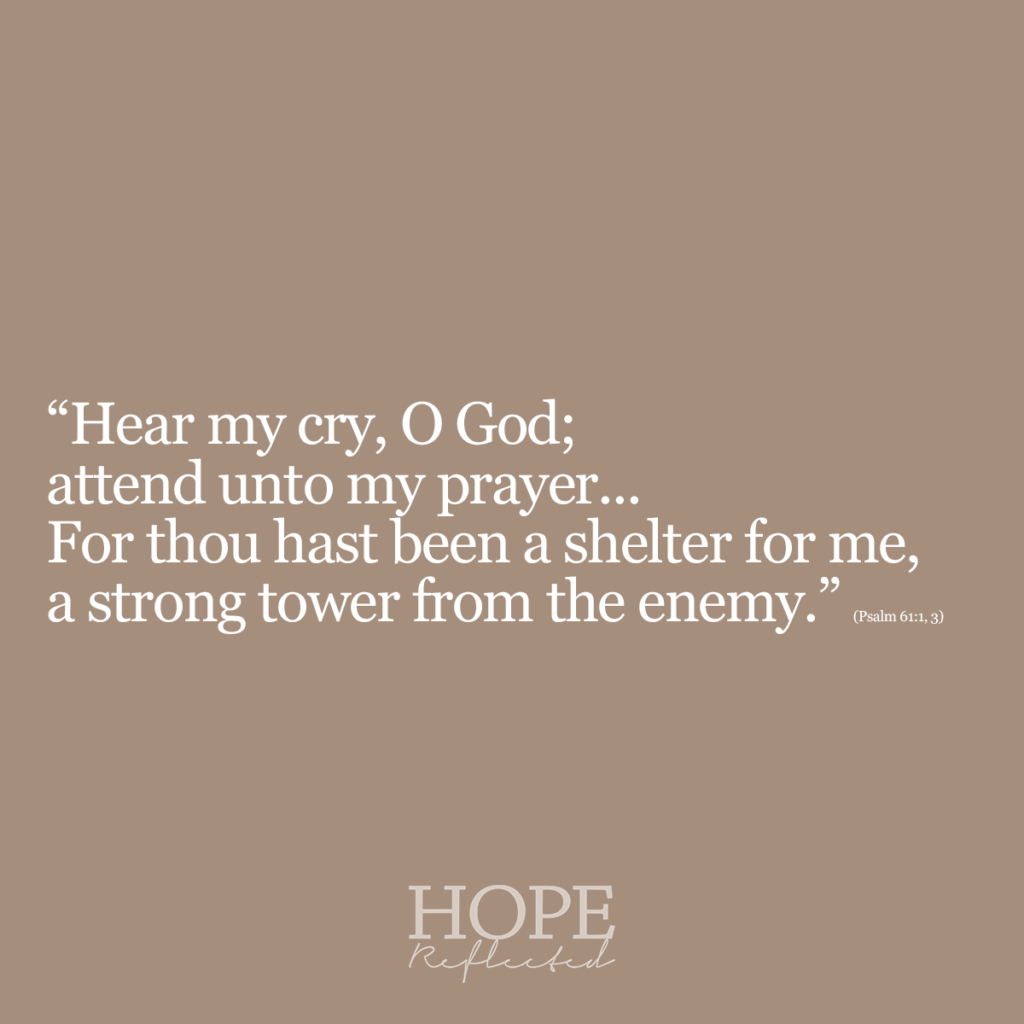
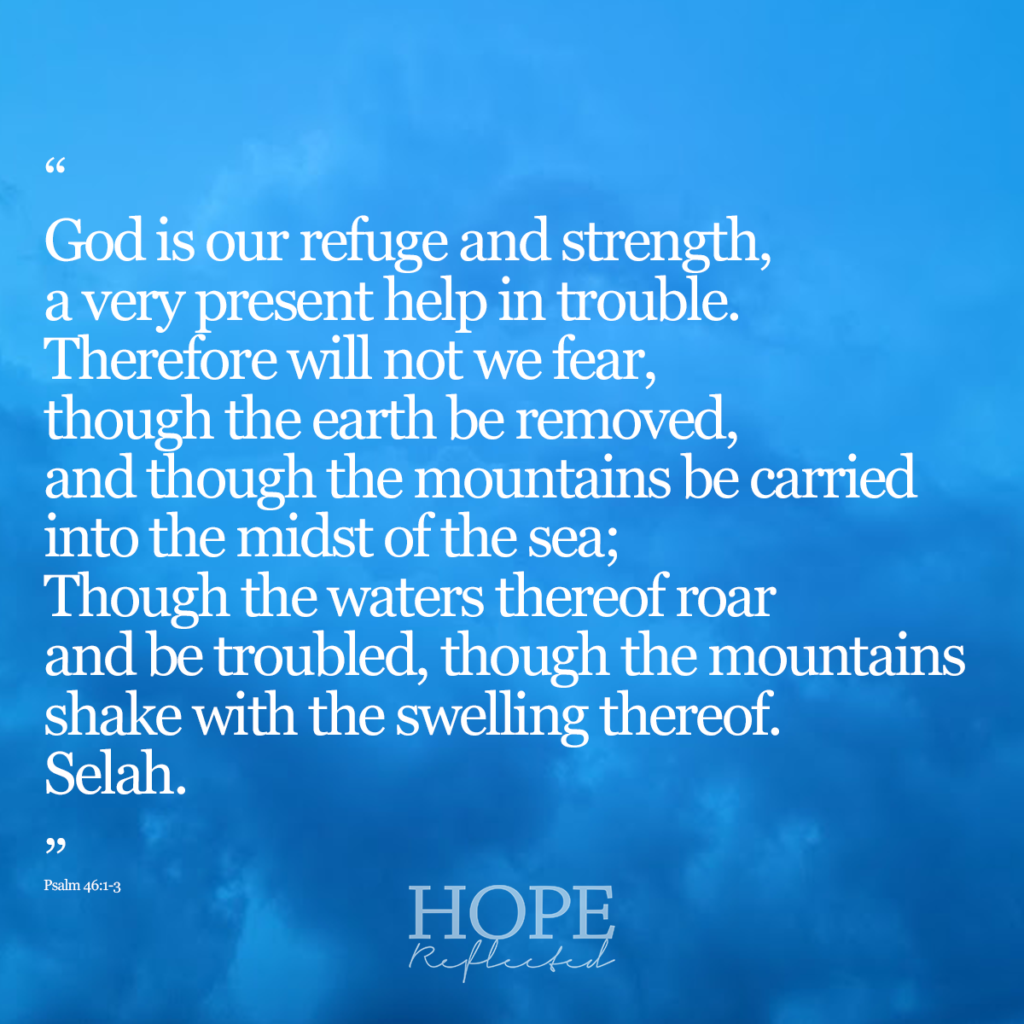
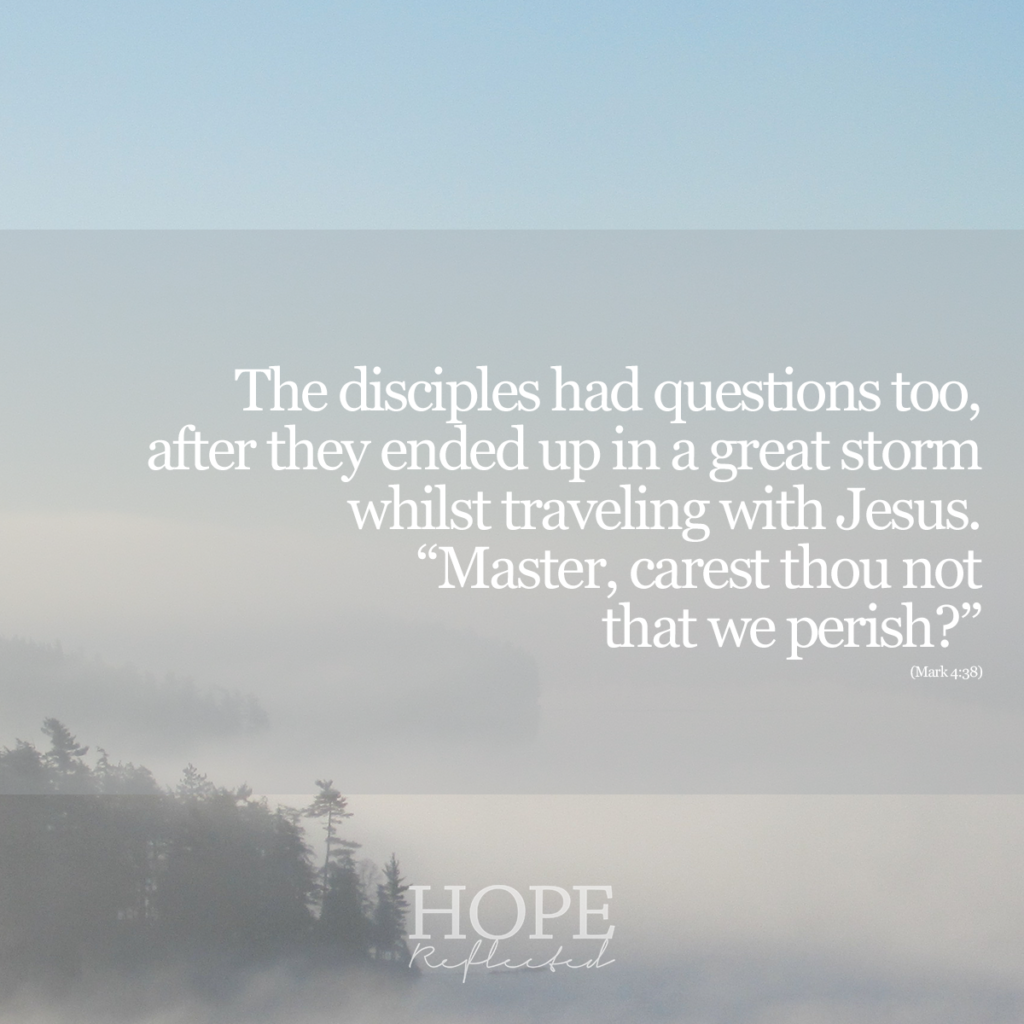
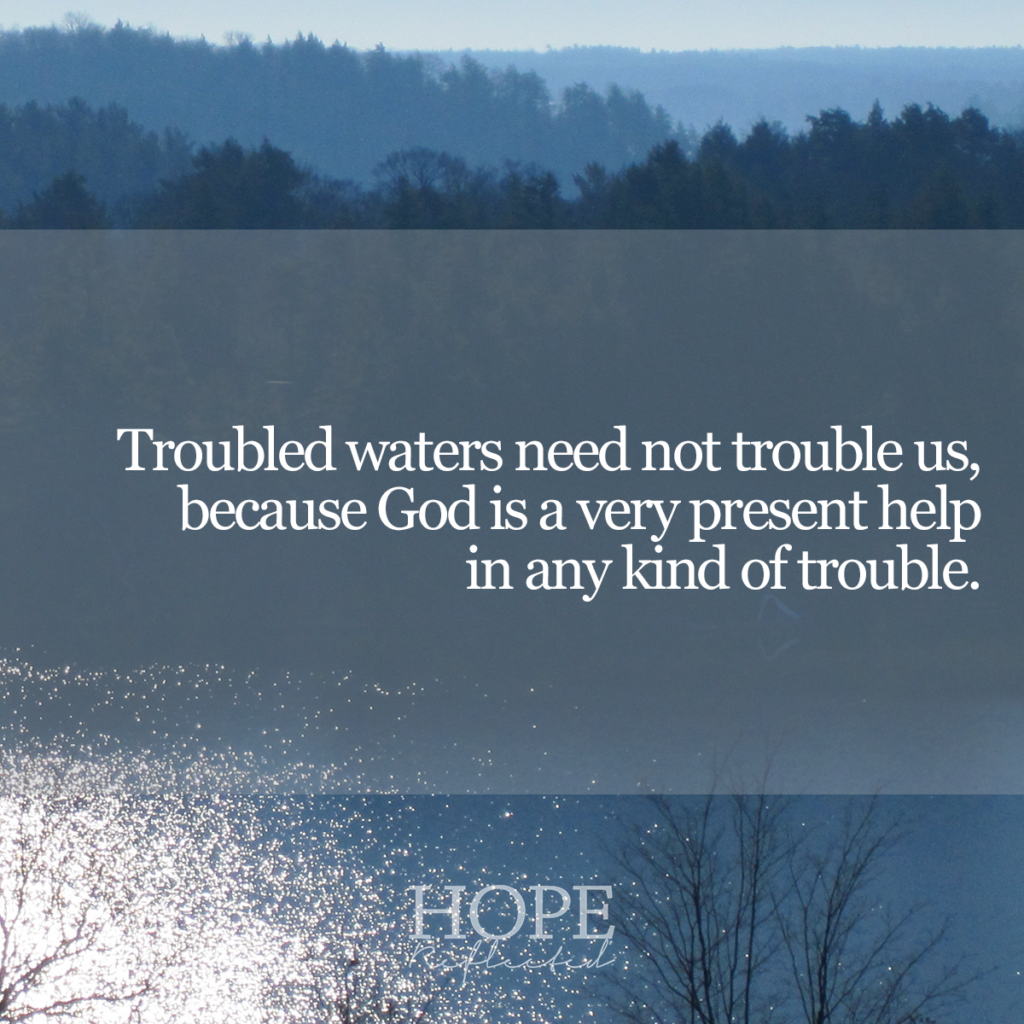
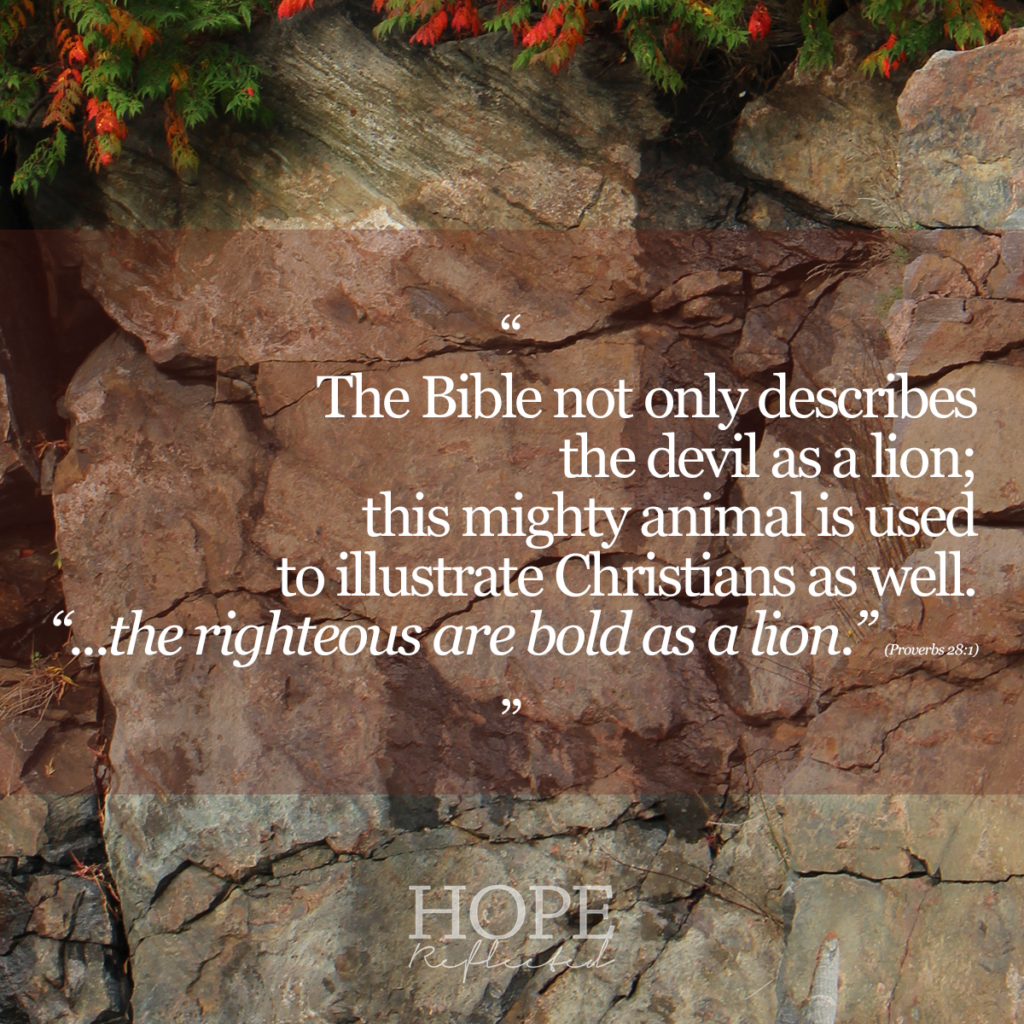




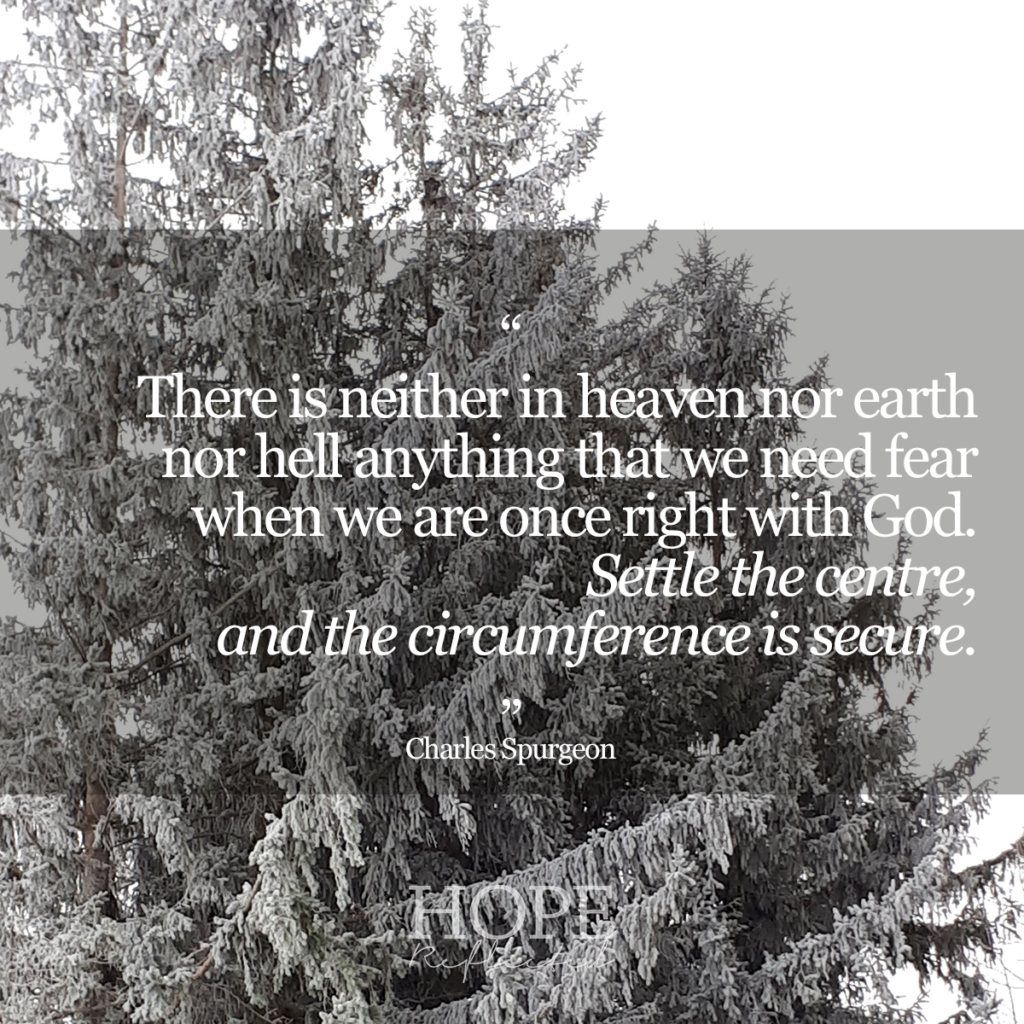
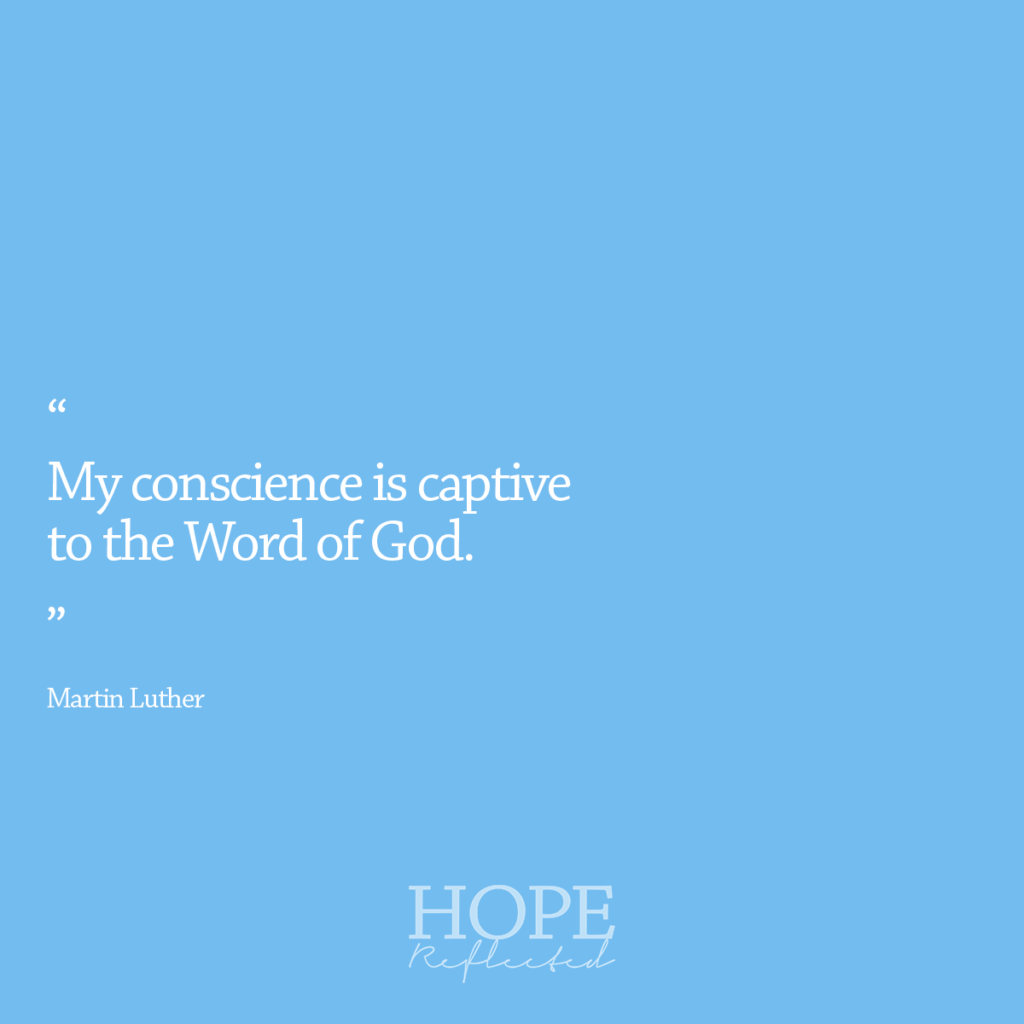
![It should be a red flag when we hear Christians claim that they agree with every thing in the Bible, except the parts where God lists ___ [fill in the blank here] as sin. Read more of "Accused or excused?" on hopereflected.com](https://www.hopereflected.com/wp-content/uploads/2022/01/2022_jan5_hopereflected_accusedorexcused_Christiansquote-1024x1024.png)
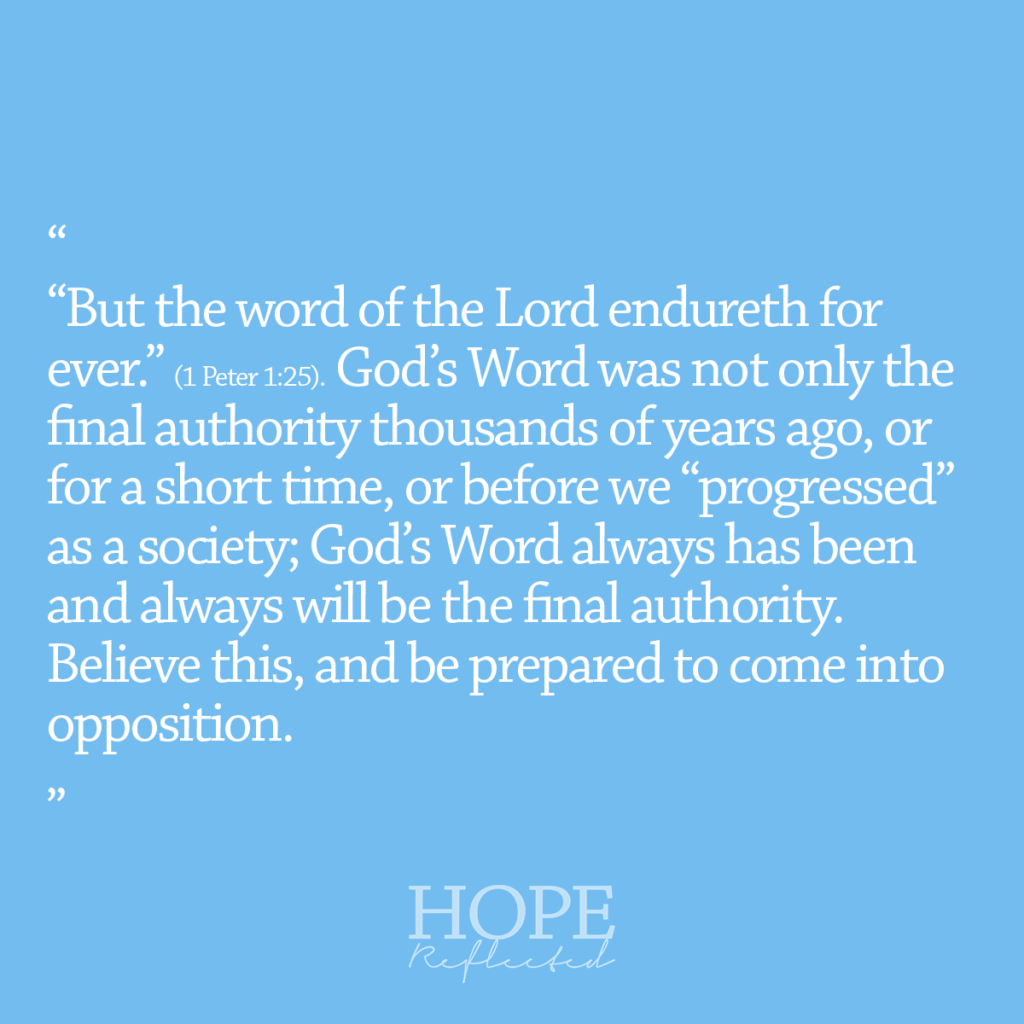

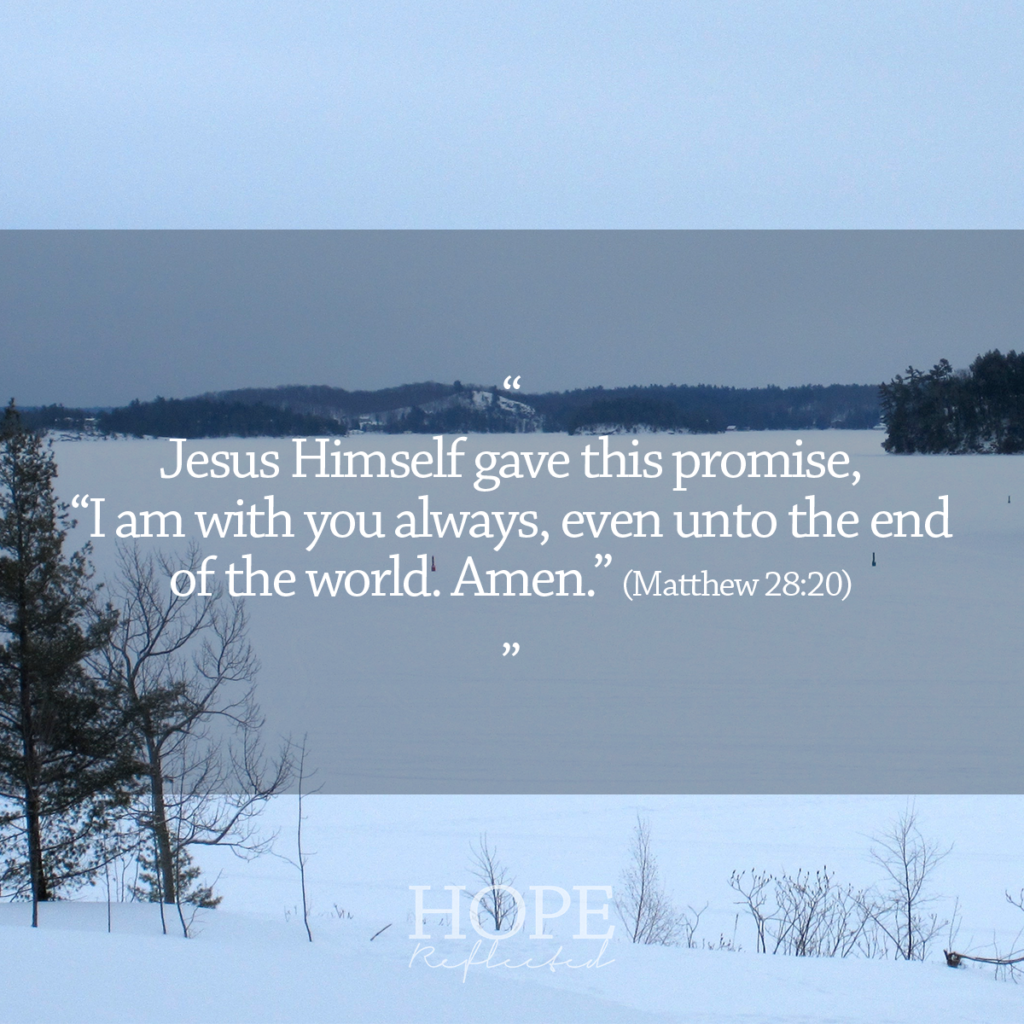
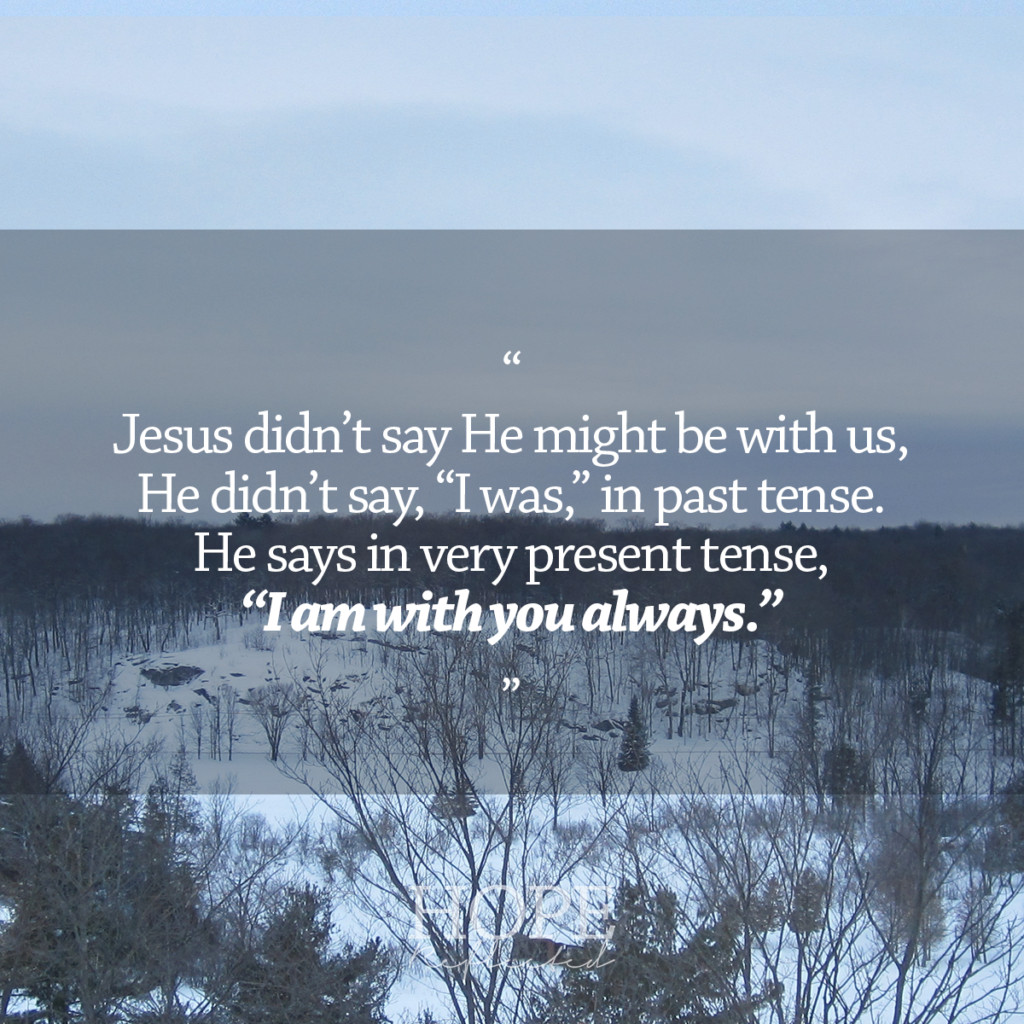
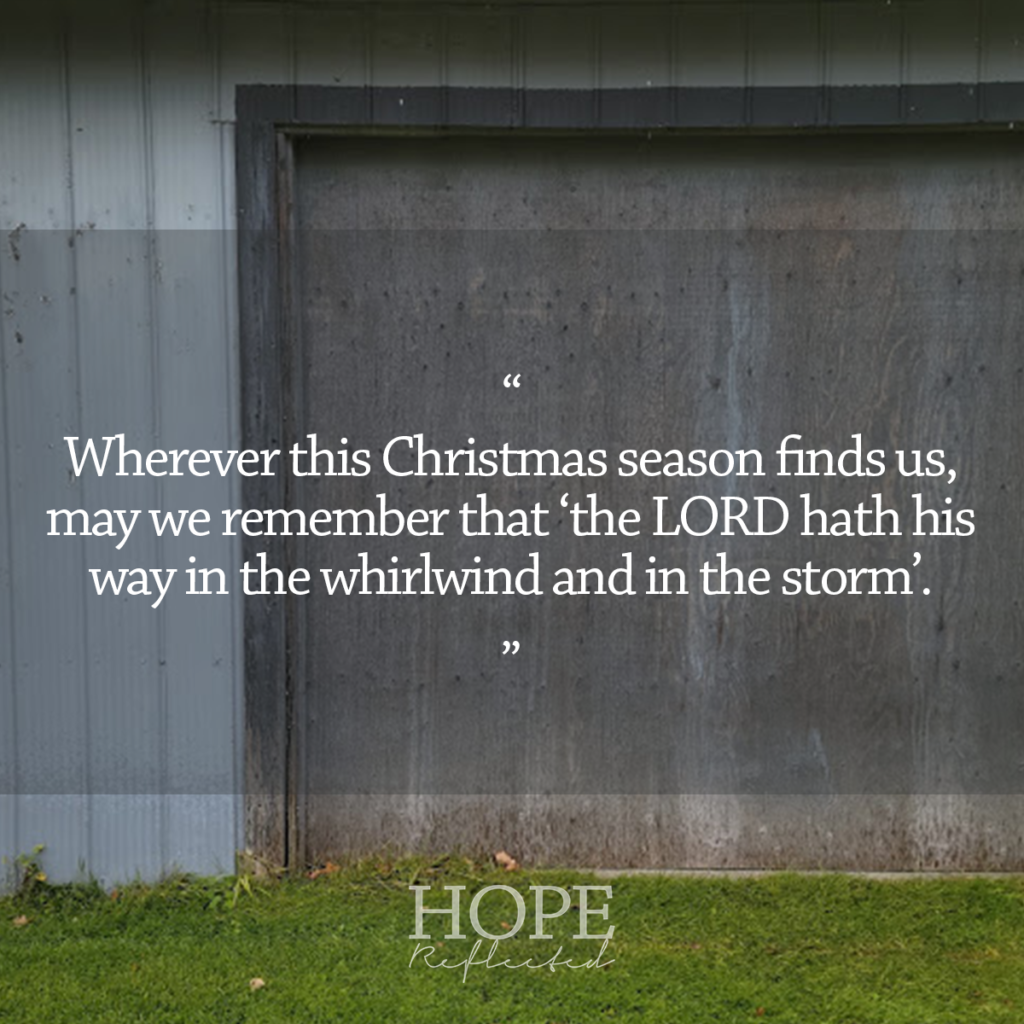
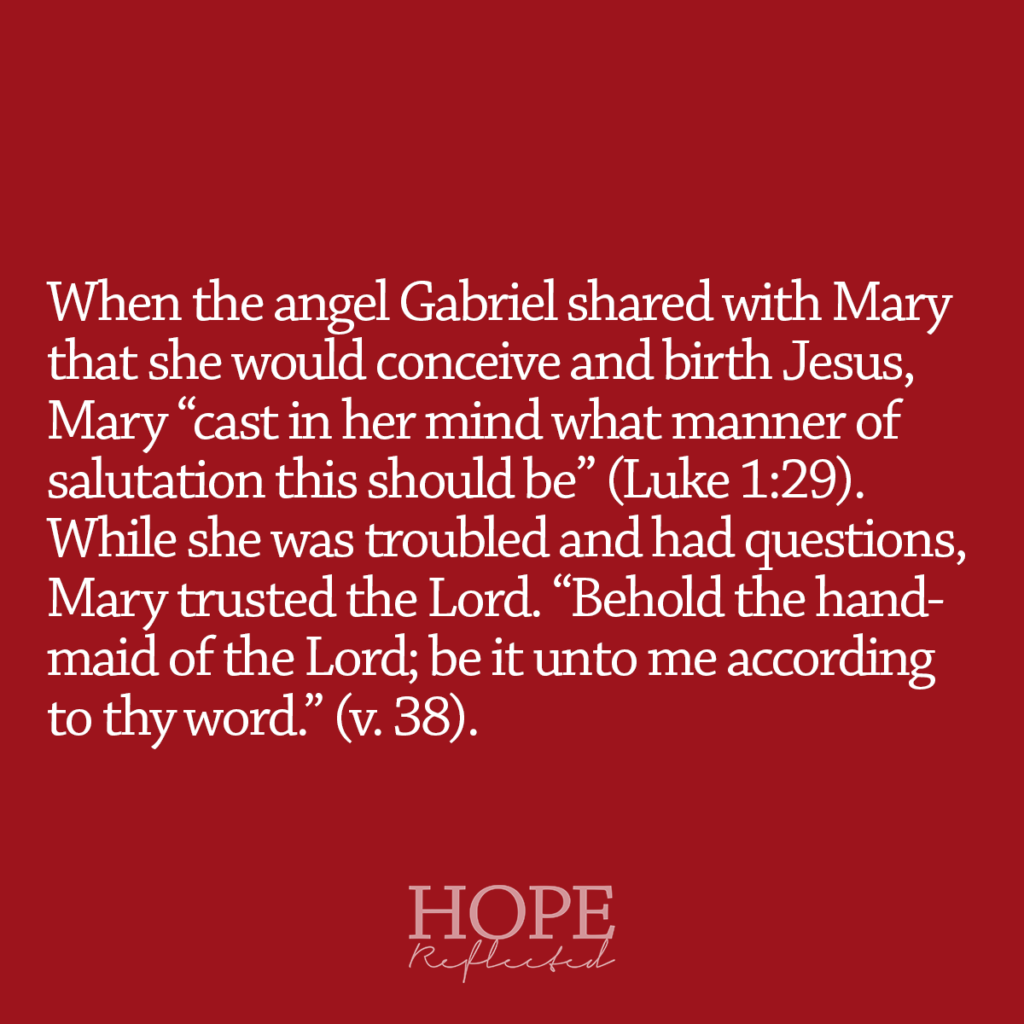
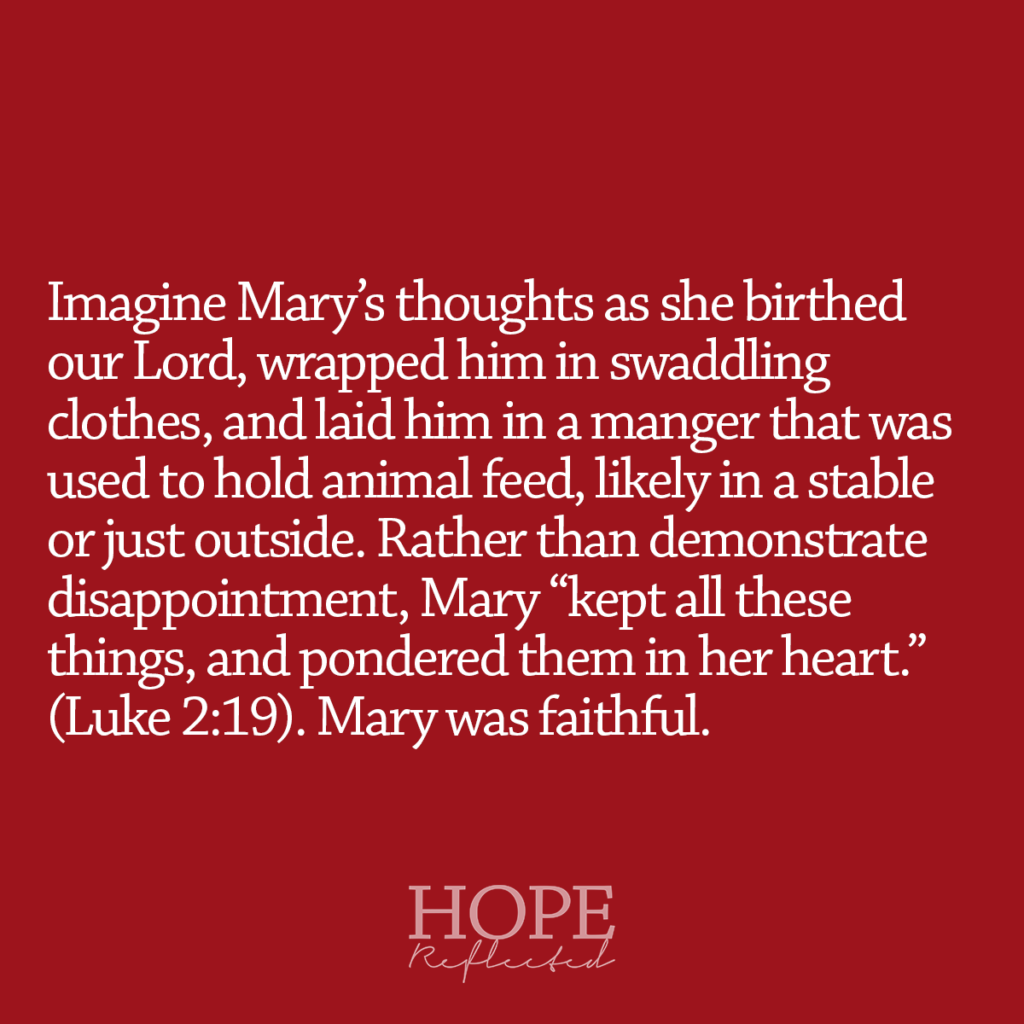
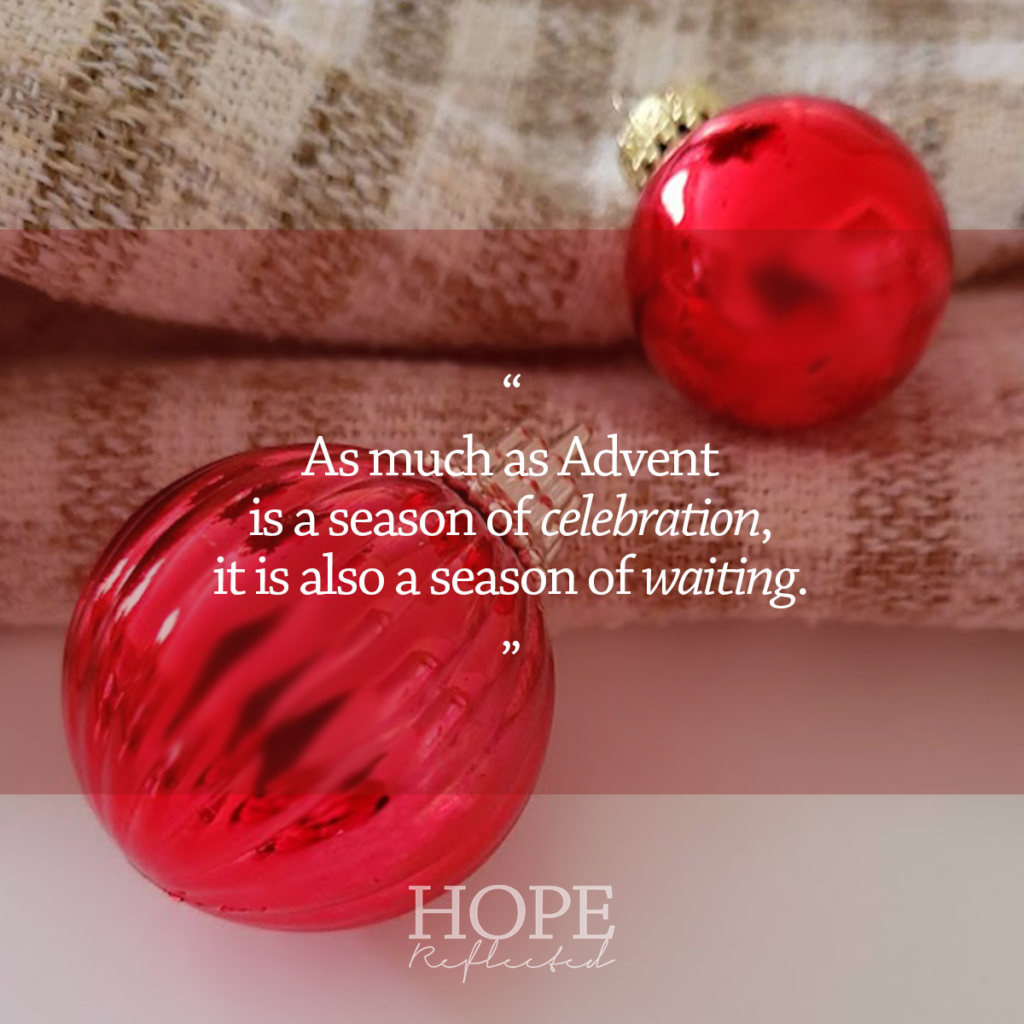

![False friends or counterfeit kindness; whatever you want to call it, the world is filled with people who will say one thing to your face and then another behind your back; people who will woo you in order to get something from you.
It’s sad, but it’s true.
The Bible provides us with examples from Joab to Judas, and yet, we’re surprised when we find ourselves deceived and hurt by someone else.
So what are some of the hallmarks of a true friend?
You can read more about this on hopereflected.com [Link in profile]
.
.
.
#friends #friendship #kindness #counterfeitkindness #hurt #proverbs #truefriends #hopereflected #blog #blogpost](https://www.hopereflected.com/wp-content/plugins/instagram-feed/img/placeholder.png)